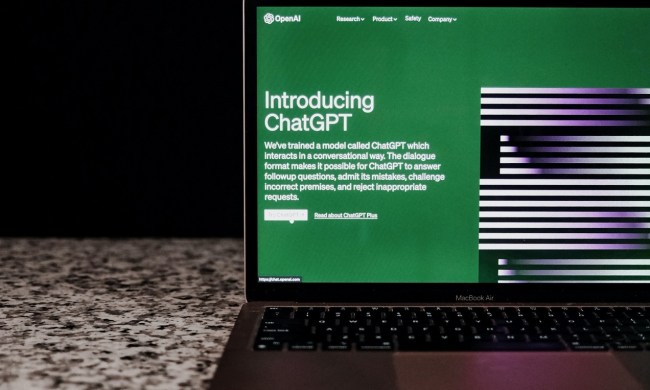
After adding its 16 millionth user to the platform on Friday morning, social media platform Bluesky addressed concerns from the bevy of artists and content creators streaming over from X.com. The company has pledged that it has “no intention” of using their posted content to train generative AI.
A number of artists and creators have made their home on Bluesky, and we hear their concerns with other platforms training on their data. We do not use any of your content to train generative AI, and have no intention of doing so.
“Bluesky uses AI internally to assist in content moderation, which helps us triage posts and shield human moderators from harmful content,” the Bluesky team explained in a subsequent post. “We also use AI in the Discover algorithmic feed to serve you posts that we think you’d like. None of these are Gen AI systems trained on user content.”
Granted, Bluesky’s wording is not an outright denial that the platform could change course at some point in the future, as user Casey Johnston points out. However, it is a marked departure from the new rules being rolled out at X on Friday. The social media platform, run by billionaire Elon Musk, has announced that it has modified its privacy policy and will begin using its expansive archive of user posts to train the next generation of its Grok large language model.
This isn’t the first time that X.com has attempted to cannibalize its users’ content for private gain. The company quietly changed its privacy policy in July to give the company access to user-based training data. In mid-October, the company tried it again, this time allowing third-party “collaborators” to train models on X data, unless users opt out:
“Depending on your settings, or if you decide to share your data, we may share or disclose your information with third parties. If you do not opt out, in some instances the recipients of the information may use it for their own independent purposes in addition to those stated in X’s Privacy Policy, including, for example, to train their artificial intelligence models, whether generative or otherwise.”
Those policy changes take effect today, Friday November 15. All public posts, including the text, images, and interactions, can be harvested for training Grok (and any other models that the company plans to pursue). If you’d prefer your content not be scraped, you may want to take a deep dive into how to clean up your social media accounts.



